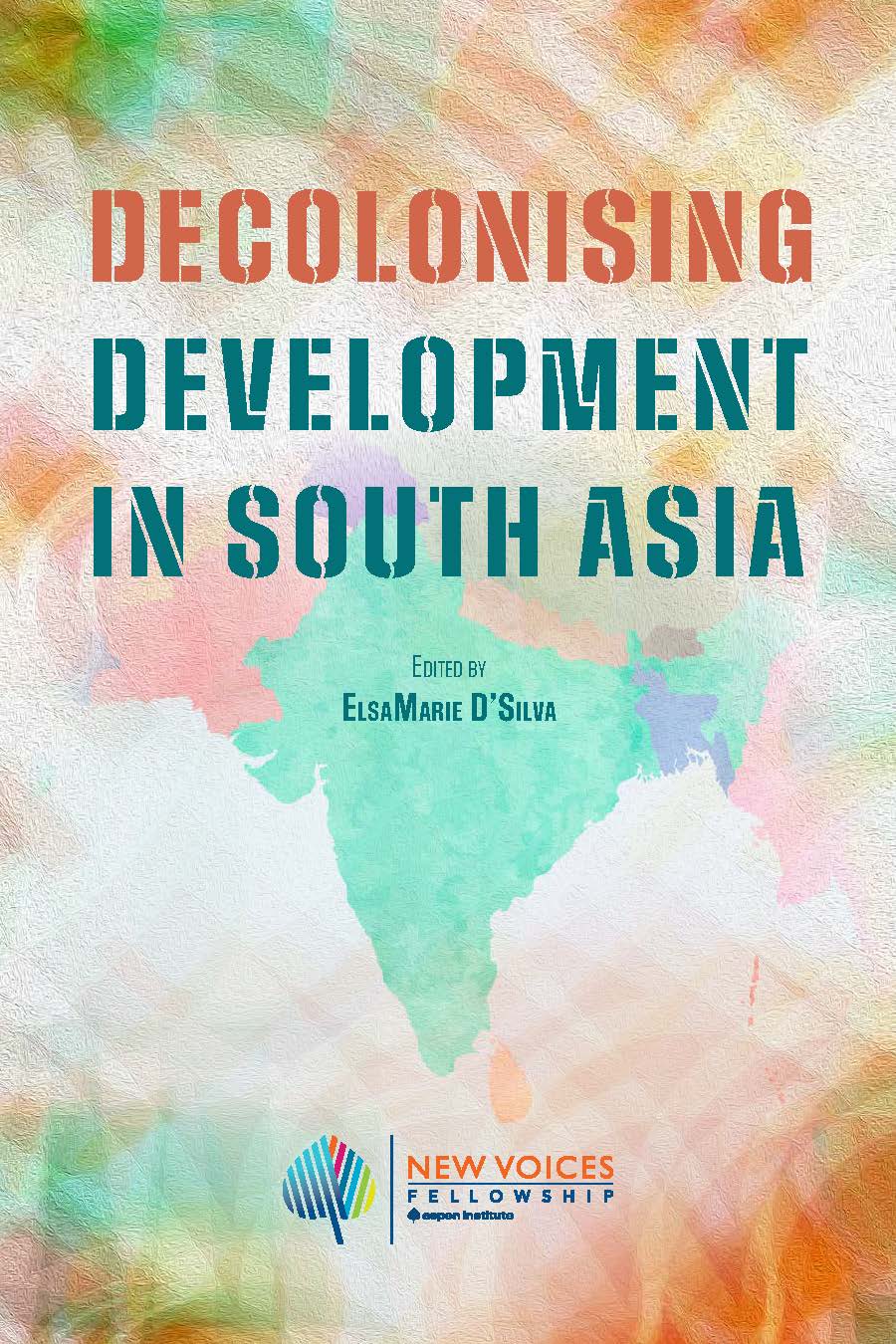Above, watch Mary Robinson, UN special envoy for climate change and former president of Ireland discuss the imperative need for climate justice.
Climate justice is the issue dearest to her heart, one that gets her out of bed every morning, Mary Robinson told an Aspen Institute audience recently. And for good reason. At the fourth annual Madeleine K. Albright Global Development Lecture, which recognized Robinson for her commitment to tackling global development challenges, the UN special envoy on El Niño and climate and former president of Ireland made a quietly passionate case on just how critical this issue is.
“We cannot have peaceful, prosperous societies without taking action on climate change,” Robinson said during her lecture, which stressed the interrelationship of economic development, human rights, and climate change.
Robinson first became aware of the broad human impacts of climate change while working in Africa in the 2000s (she was president and founder of Realizing Rights: The Ethical Globalization Initiative and honorary president of Oxfam International for most of that decade). Everywhere she went in Africa, she said, people told her they didn’t know when to sow anymore and could no longer predict the rainy seasons.
That’s just one example of how all over the world, people who are marginalized and poor are disproportionally impacted by climate change, Robinson noted. “When you look at the world today, and you see the challenges of inequality, poverty, and injustice, you have to recognize that climate change has a multiplying effect on these problems.”
The United States is currently experiencing its first case of climate displacement. About 60 people from a Native American community in southern Louisiana are being resettled with federal funding from their longtime home on Isle de Jean Charles, which is sinking into the Gulf of Mexico. But while moving 60 people may not seem like a big deal in the grand scheme of things, Robinson stressed that it’s mainly a question of dignity and human rights. The native Cajun tribe’s cultural identity is firmly tied to the island, which was once a self-sufficient society dependent on the island’s natural resources.
And it’s a harbinger of what lies ahead, Robinson said. By 2050, an estimated 50 million to 200 million people will be displaced by climate change, “far exceeding the current migration crisis around the Mediterranean.”
This underscores the urgency of moving forward with the Paris Agreement on climate change of December 2015, which Robinson called the most emotional international gathering she’d ever attended, particularly at the moment the agreement was adopted by consensus of all 195 participants.
Why was it so emotional? “Because it was fairer than what we’d expected” to some of the smaller countries that are more threatened by climate change, Robinson said.
Yet the battle is hardly over, she noted. While the framework of the agreement was unanimously adopted in Paris, the next steps are ratification and implementation. So far, only 22 nations have ratified the agreement, none of them large emitters. The plan to limit the increase of average global temperatures to 2 degrees Celsius (and strive for a 1.5-degree limit on warming) will only come into effect once 55 of the countries that produce at least 55 percent of greenhouse gas emissions are on board. Robinson expects that to happen by sometime in 2017 — then the hard work of implementation comes in.
Still, Robinson is optimistic about the potential to successfully combat climate change. Costa Rica and Ethiopia have already pledged to work toward carbon neutrality, by 2021 and 2025, respectively. “Many countries are moving in that direction, but they need the investment we’ve never had,” she noted.
And it cannot be done without policies that are inclusive and equitable, she added: “The principles of climate justice must be at the heart” of any policies moving forward.
That includes transparency, accountability, and participation, which build trust, Robinson said. Warning of a global loss of democratic momentum, she stressed that participation in civil society is not only a human right but a useful tool in bringing to the table new ideas and innovation. Accountability — which outlines the rights and responsibilities of institutions to the people they serve — is critical, too, and has been worked into the Paris Agreement. When people are engaged and empowered, said Robinson, they can defend their dignity and demand their rights. “We need a zero-carbon world, and governments cannot implement it without the actions of their citizens,” she said.
Ultimately, Robinson said, it’s about acting together — motivated by solidarity and self-interest — “to create a better future for present and future generations.” And it’s about having a sense of hope for being able to tackle some of these daunting problems. When Robinson thinks about her five grandchildren, who will be in their forties around 2050, she wants them to think positively of their forebears and what we’re doing now to shape their future.

